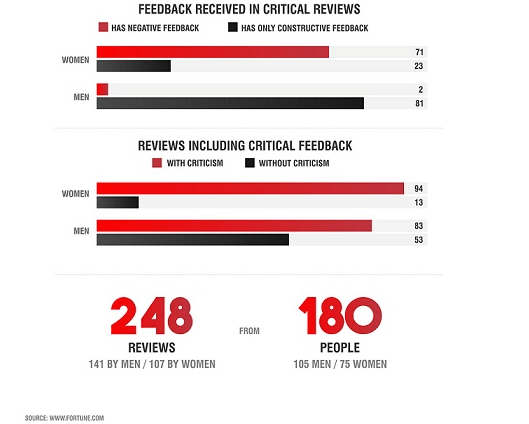
Ever stood in front of a firing squad? We bet you did, we mean metaphorically.
Think of all the times you had gone through a performance review. Remember those few yet seemingly long hours when you were confined in a windowless, grim room and were getting toasted by a handful of stone-faced men asking you what you have and haven’t done right in the past year. Your heart raced back to the office party where you got a bit too drunk or to that one project where you missed a stratosphere deadline. And wait. Did your manager really like you? There were times she didn’t seem to. Blood rushed through your head. Suddenly you discovered that you were a pessimist and you wished with all your heart to get over with it so you could walk out and release that breath you had been holding and unclench your fingers that were almost frozen on the hand rest by now.
Damn it. Performance appraisals!
Performance reviews are the closest we can get to a concentration camp (ok, we admit that this is quite an exaggeration). But here’s what has been happening:
Let’s be candid. Most of us hate performance reviews. This is one universally hated and expensive process. Deloitte in 2015 said it spends 2 million hours/year on performance reviews, Gap in 2014 said that it invests USD 3 million/year.
The Outline of the Hate Universe:
A study by Lori Mackenzie et. al 2019 says that “only 15% of women and 24% of men managers” trust performance appraisal process, another by Deloitte 2019 says that only 8% of organizations have faith in their performance appraisal systems. This seems like a half-dead horse that almost everyone seems to drag reluctantly. Though we intended to ride it some 20 years back. Samuel Culbert, a professor of management and organizations at UCLA’s Anderson School of Management, wrote a book on the subject with a title Get Rid of the Performance Review! How Companies Can Stop Intimidating, Start Managing — and Focus on What Really Matters.
Nuts, and not so many Bolts of the system:
While we are at it, let’s count the wrongs and exaggerate them. (No. Not Really!)
Approaching absolute truths with relative judgments:
Performance reviews are a blessing from heaven when the organization is doing well but when it is not doing so well every part of its system is exposed to maximum scrutiny. Look for that dog hair on your shirt! Because all that could potentially be wrong is stamped wrong at the first hunch. After all, we love to pin responsibility somewhere, anywhere.
Horses like horses, ponies not so much:
“If you are like me, you are good. If you think like me, you’re great. If not, you are evil, wretched idiot.”
Bias is baked in our brains. Prejudice is harder to address because our subconscious mind is tuned to this phantom frequency. If there’s one art that we have mastered, then this has got to be it. Wikipedia lists more than 100 or so types of biases ingrained in us. Here are our favorite ones:
African-Americans, minorities, women, older workforce? We scrutinize all with our blue tinted glass and pass judgments 100 times in a day. Reasonable, unreasonable, we can’t say. A study by Kieran Snyder, in its analysis of 248 reviews spread over 28 companies, found that 88% of women compared with 59% of men received critical feedback. What’s more? Most of these responses focused on the female employee’s personality, not work.

In another study by Shelley Correll and Caroline Simard 2019, 76% of women as compared to 24% of men were rated “too aggressive”. Looks like half of our kind is readying for war.
Digging the Pandora box of forgotten memories:
One Quora user said that for an entire year her boss gave zero feedback on her performance. And when the crack of doom day came, bingo - it was negative.
Our performance reviews love nudging memories. A typical open box question in performance review asks managers questions like “Describe the ways the employee’s performance met your expectations” or “Describe her accomplishments”. These questions are followed by long blank spaces. Thinking space!
The manager has to recall all the expectations she had set for an entire year. And here again, remaining true to our built we prioritize. A study by Lori Mackenzie et al. 2019 said that in open box questions women were more likely to receive vague and shorter feedbacks compared to men. “You are doing good. You can do better. Go figure how.”
Shooting Stars:
As we said, like others we too won’t let go of a chance to pass judgment or give unsolicited advice. Here it is:
Bias is not all bad. It is nature’s shortcut for us humans to make quicker decisions. They are dear to us and come what may most of us wouldn’t let them go that easy. But bias can be constrained if not completely erased. Here’s how:
If you are an employee heading for an appraisal:
Our sympathies with you!
Most of all remember the old adage - This too shall pass!
This website uses cookies to enhance website functionalities and improve your online experience. By browsing this website, you agree to the use of cookies as outlined in our privacy policy .